A strong recovery is expected in 2025, with the government forecasting growth of 4.6%. The Bank of Israel (BOI) has kept its key interest rate unchanged at 4.5% since January 2024, making Israeli financial assets attractive to investors and helping to contain inflation, strengthening confidence in the local currency.
In 2024, the shekel remained relatively stable against the dollar and appreciated against the euro (4.07 ILS/EUR in January and 3.80 ILS/EUR in December). The year 2024 ended with a budget deficit of 6.9% of GDP, significantly lower than the 7.7% recorded at the end of November, thanks to higher tax collections and the disappearance of the December 2023 base effect. The increase in debt appears to be under control (69% of GDP), and growth exceeded expectations at 1% in 2024, due to increased public spending.
A strong recovery is expected in 2025, with the government forecasting growth of 4.6%. The Bank of Israel (BOI) has kept its key interest rate unchanged at 4.5% since January 2024, making Israeli financial assets attractive to investors and helping to contain inflation, strengthening confidence in the local currency.
Finally, strong exports (USD 145.7 billion) contributed to the balance of payments surplus, creating structural upward pressure on the shekel. Three sectors contribute to this: high technology (60% of service exports), defense, and natural gas (gas exports could reach 13 to 14 billion cubic meters in 2024).
A strong local stock market and significant exposure of Israeli savings to US stocks.
Despite the war, 2024 was a favorable year for savings in Israel, the best year since 2021 and the second best year in 10 years. The Tel Aviv 25 and Tel Aviv 125 indices both rose 28% last year. Major banks have also observed a significant shift in Israeli savings towards S&P 500 stocks and index funds (approximately NIS 250 billion – USD 68 billion) since 2021, increasing the foreign currency component of the portfolios of savers, investment firms, and insurance companies.
Any rise in the US markets increases the size of their dollar investments. To maintain their target asset allocation, Israeli financial institutions sell dollars, which automatically strengthens the shekel.
Investors welcomed the ceasefires in Lebanon and Gaza.
The truces led to a significant reduction in the risk premium demanded by investors, which had remained high since the successive downgrades of the Jewish state’s sovereign rating by the three rating agencies. 5-year CDS have halved in three months and stand at approximately 80 basis points.
Since the election of Donald Trump, markets have been harboring high expectations for an extension of the Abraham Accords and a normalization of relations between Saudi Arabia and Israel, which are favorable to investment and trade.
Foreign currency purchases by the Bank of Israel (BOI) have contributed to the recent depreciation of the shekel.
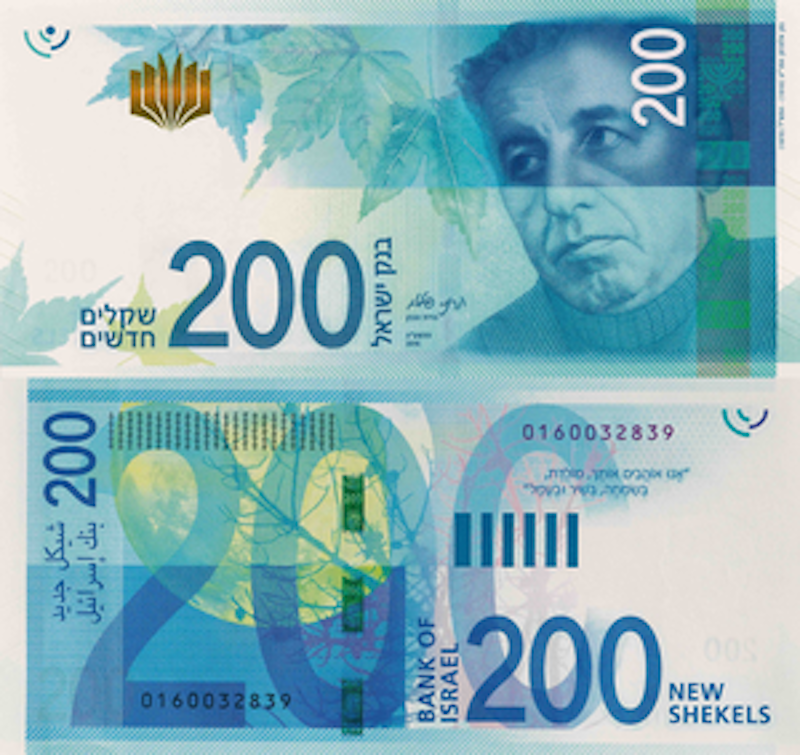
The Bank of Israel has excess foreign currency reserves of USD 220 billion in February 2025, representing 40.6% of GDP or the equivalent of two and a half years of imports. According to the IMF, the level of Israel’s foreign exchange reserves (FAR) is 3.12 times higher than the minimum recommended to cope with economic shocks.
This financial buffer provides flexibility in the monetary policy conducted by the BOI to stabilize the economy and allows for the regulation of the shekel exchange rate. The current increase in foreign exchange reserves (+USD 4.2 billion between January and February) is the result of the government’s foreign exchange activities totaling USD 2.5 billion and a revaluation that increased reserves by approximately USD 1.7 billion.
This contributed to the recent depreciation in March of the shekel against the dollar (3.65 ILS/USD) and the euro (3.95 ILS/EUR).
Source: French Embassy in Israel


 here">
here">
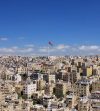


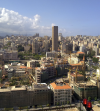

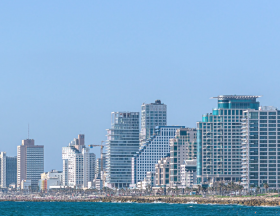
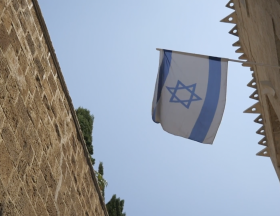
Réagissez à cet article